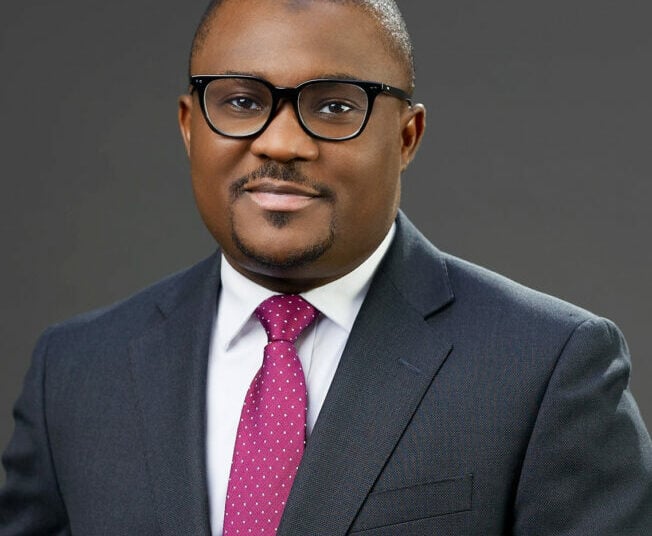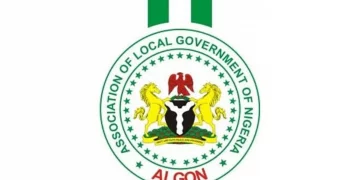The Financial Reporting Council (FRC) of Nigeria has warned of the dangers posed by weak ethical leadership to the country’s economic progress.
The executive secretary and CEO of the FRC, Dr. Rabiu Olowo, who sounded this warning, emphasised that ethical leadership is the foundation for economic resilience and a key driver for Nigeria’s sustainable development.
Olowo spoke during a panel session on “Ethical Leadership: Strengthening Professional Accountants for Economic Transformation” at the opening of the 55th Annual Accountants Conference with the theme, “Building Resilience – Aligning Reforms for Nigeria’s Development” noted that history provides ample evidence of how poor ethical choices could bring down institutions, economies, and even nations.
He said, “We recall the collapse of Enron and WorldCom in the early 2000s — events that triggered sweeping global financial reforms. Closer to home, we have witnessed scandals that have undermined public institutions, cost taxpayers billions, and scared away investors.
“In nearly every case, the root cause was not a lack of technical expertise but a failure of ethical judgment.
Without ethics financial statements become fiction, investor confidence evaporates, capital markets grow fragile, public institutions lose legitimacy, corruption thrives. Ethical failure is not merely a personal lapse — it is a systemic risk.”
Represented by coordinating director, Directorates of Corporate Governance, Inspections and Monitoring, FRC, Titus Osawe, Olowo said for Nigeria to unlock its potential, it must align economic reforms with moral reforms, adding that “resilience without ethics is hollow. Reforms without integrity will collapse under the weight of distrust.”
He said as the country strives for economic diversification, inclusive growth, and investor-driven development, it must strengthen the institutions that underpin financial transparency and accountability.
He said, “Professional accountants are central to this mission.
Our role is not passive. We are not merely number crunchers — we are nation builders. We stand at the intersection of finance, governance, and development.”
According to him, to build the resilience Nigeria needs, ethically strong professionals must lead the charge, and this is where the Financial Reporting Council (FRC) of Nigeria comes in.
He stressed that “ethical leadership is not a slogan — it is a practice. It demands courage. The price of short-term gain achieved through compromised ethics is far higher than any immediate benefit.”
He said to build resilience and align reforms with national development goals, “we must anchor every reform in ethical practice”.
He said the FRC remained committed to working with stakeholders to deepen ethical leadership across the country.
Olowo said, “But the Council cannot do it alone — it requires every accountant, every board member, every financier, and every policymaker to make daily choices that reflect integrity.
“Ethics is not a soft issue; it is a hard driver of development. Ethical leadership is not a constraint on profit — it is the foundation of sustainable growth.
He said, “Ethical leadership must be embedded in systems, not left to chance. Through the issuance and enforcement of key frameworks such as the Nigerian Code of Corporate Governance (NCCG) 2018, Audit Regulations (2020), and International Financial Reporting Standards (IFRS). The FRC ensures that ethical behaviour is institutionalised within financial reporting and governance systems.”
Continuing, the FRC boss said, “As Nigeria strives for economic diversification, inclusive growth, and investor-driven development, we must strengthen the institutions that underpin financial transparency and accountability.
“Professional accountants are central to this mission. Our role is not passive. We are not merely number crunchers — we are nation builders. We stand at the intersection of finance, governance, and development.”





